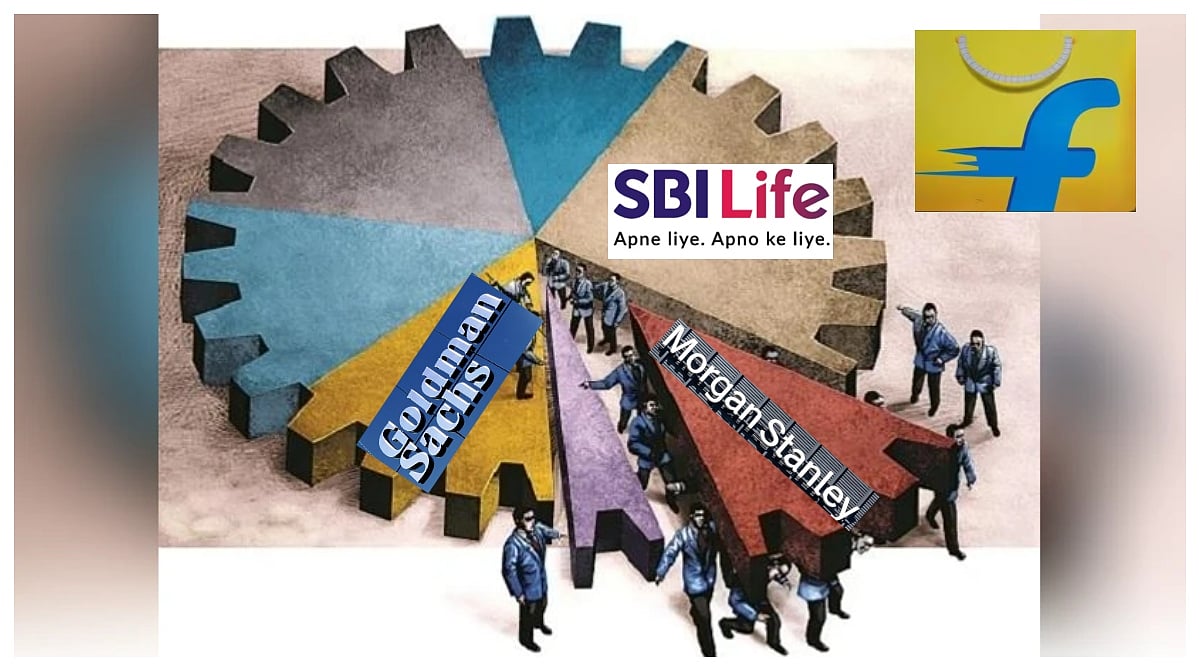The onset of pandemic since last 2 year has left many house owners with a problem – tenants vacating their rented premises due to Work From Home (WFH). Many tenants, especially the ones who have migrated from other towns/ cities, opted to work out of their own homes while continuing their jobs in bigger cities and thereby saving their rental costs, which can be quite a sum especially in bigger cities. The ongoing financial year slated to end by March 31, 2022 will see many house owners not being able to let out their flats during the whole of this year. This leads to the next question – how does this affect their income-tax liability, considering that the rent earned from such properties are liable to income tax.
The Income Tax Act (the Act) provides for an individual to claim up to 2 properties as being used for own purposes and hence not liable to tax. In other words, if an individual has 3 properties and all the 3 are being used for own use, then as per the tax provisions the individual is required to offer rent (even though notional) on any one of the 3 properties to tax. In view of the above provisions, if during this year, any individual who has been looking to rent out his/ her property, but is not able to get one – will it lead to the individual having to pay tax on notional rent? Let's find out.
An individual tax payer had filed his return of income which later was selected for scrutiny assessment. During the course of assessment, it was observed that the tax payer owned four properties in Pune costing Rs. 60 lakhs (Flat A), Rs. 82.80 lakhs (Flat B) and Rs. 75 lakhs (Flat C and D each). While the Flat C & D were being used for own occupation, the Flat A was let out for a period of 9 months @ Rs. 15,000 p.m. during the year; which was duly accepted by the tax officer.
However, the tax payer had shown the Flat B as vacant for the whole year for the reason that a suitable tenant could not be found. Accordingly, the tax payer had claimed Vacancy allowance and declared nil income in respect of the same. Under the provisions of the Act, if any property is let out and was vacant during the whole or any part of a year and owing to such vacancy, the actual rent received or receivable by the owner in respect thereof is less than the amount for which the property might reasonably be expected to let out; then the taxable income from such property can be claimed at the reduced amount. This benefit of being allowed to offer a lower rental income is referred to as Vacancy allowance.
The tax officer requested the tax payer to give reasons for not offering any rental income on Flat B. The tax officer argued that although he was desirous of letting out the flat, he could not find a suitable tenant. The tax officer rejected this explanation and calculated the rental income at Rs. 8.60 lakhs being @ 6% of value of both flats aggregating to Rs. 1.43 crores.
At the first level of appeal, the tax payer demonstrated the efforts made for letting out the Flat B by submitting copies of letters written to the builder requesting him to identify tenants. The appellate authority observed that these letters were written on plain paper and there was no evidence available on record for dispatch as well as receipt of these letters. There was no response received from the builder too. In view of the same, the authority treated the letters as insufficient evidences to support the tax payer’s claim. He also observed that a prudent individual desirous of letting out a house property would approach real estate agents available instead of simply writing few letters to the builder. However, the appellate authority granted some relief to the tax payer by holding that as per the information sourced from magicbricks.com portal; the probable rate for Flat B should be Rs. 15,000 per month. Accordingly, the tax officer was instructed to restrict the rental income from the said flat at Rs. 126,000 (after deducting standard deduction @ 30% of the total rent of Rs. 180,000) instead of Rs. 8.60 lakhs as computed by the officer.
At the second level of appeal before the tax Tribunal, the tax payer submitted that in the first letter to the builder, he had thanked him for identifying the tenant for his Flat A and also requested him to identify the tenant for his other flat. Subsequently, reminder letters were sent to the builder on 2 more occasions. The tax Tribunal relied on an earlier decision in an identical issue and observed that the words ‘property is let’ as used in the Act cannot be interpreted to mean ‘property actually let out’. Thus if a property is held with an intention to let out, coupled with efforts made for letting it out, the benefit of Vacancy allowance should be available to such tax payers. Accordingly, this case was decided in favour of the tax payer.
(The writer is the Founder of Arvind Rao and Associates, a tax and financial consulting firm based in Mumbai)












